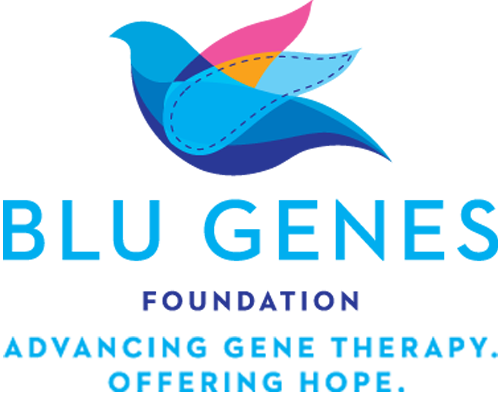NEWS UPDATE
Axovant Gene Therapies Announces FDA Clearance of IND for AXO-AAV-GM2 Gene Therapy in Tay-Sachs and Sandhoff Diseases
- AXO-AAV-GM2 is the first investigational gene therapy to receive IND clearance in Tay-Sachs and Sandhoff diseases
- Represents Axovant’s second IND clearance for a gene therapy program in the last 12 months
NEW YORK, Nov. 09, 2020 (GLOBE NEWSWIRE) — Axovant Gene Therapies Ltd. (NASDAQ: AXGT), a clinical-stage company developing innovative gene therapies, today announced that the U.S. Food and Drug Administration (FDA) has lifted its clinical hold and cleared the Investigational New Drug (IND) Application to initiate a registrational study of AXO-AAV-GM2 gene therapy to treat patients with Tay-Sachs disease and Sandhoff disease. AXO-AAV-GM2 is the first investigational gene therapy to achieve IND clearance for Tay-Sachs and Sandhoff diseases. The Company received a letter from the FDA indicating that it has satisfactorily addressed all issues related to the clinical hold.
“The IND clearance of AXO-AAV-GM2, the first potentially curative treatment for Tay-Sachs and Sandhoff diseases to enter the clinic, marks a seminal moment for the entire GM2 gangliosidosis community. Along with AXO-AAV-GM1 for GM1 gangliosidosis, today’s announcement represents the second IND clearance for Axovant’s gene therapy pipeline in the last 12 months,” said Gavin Corcoran, M.D., Chief R&D Officer of Axovant. “AXO-AAV-GM1 and AXO-AAV-GM2 are the first gene therapies to enter active clinical development in their indications. Each program captures the essence of our mission – to liberate patients from debilitating neurological diseases by rapidly advancing these gene therapy programs into clinical development. We look forward to working with our study investigators, academic partners, the patient community, and families to begin enrollment in the study promptly.”
Sue Kahn, Executive Director of the National Tay-Sachs & Allied Diseases Association (NTSAD), added, “This is a big step toward a potential therapy for the GM2 community. It has been a long journey since NTSAD started supporting this promising gene therapy research in 2006. We are thrilled that it is now entering the clinic, bringing tremendous hope to families and the entire NTSAD community.”
Axovant aims to advance the program through strategic partnerships with leading research organizations. The Company recently announced a partnership with Viralgen, an AskBio subsidiary, to support AAV-based vector manufacturing of clinical trial material for the registrational study. Additionally, through an existing genetic testing collaboration with Invitae, ongoing partnership with GM2 gangliosidosis patient groups, and collaboration with leading academic researchers at the University of Massachusetts Medical School and Massachusetts General Hospital, Axovant expects to begin patient identification and site startup activities in preparation for dosing children in the planned clinical study.
AXO-AAV-GM2 is an investigational gene therapy for Tay-Sachs and Sandhoff diseases, which are rare, monogenic neurodegenerative lysosomal storage disorders caused by mutations in the genes that encode β-Hexosaminidase A, HEXA and HEXB. Children affected by Tay-Sachs and Sandhoff diseases suffer from a progressively debilitating disease course and reduced life expectancy. AXO-AAV-GM2 delivers two vectors encoding the HEXA and HEXB genes directly to the central nervous system to produce a fully functional β-Hexosaminidase A enzyme. In 2019, clinical evidence from two patients under an investigator-initiated study found that treatment with AXO-AAV-GM2 was generally well-tolerated and associated with improved bioactivity outcomes. In addition, the data demonstrated the attainment of normal neurodevelopmental milestones and improvement in myelination. AXO-AAV-GM2 has been granted Orphan Drug and Rare Pediatric Disease Designation by the FDA.
The study will enroll both infantile and juvenile subjects with GM2 gangliosidosis in the U.S. The two-part trial, sponsored by Axovant, will consist of (1) a dose ranging cohort evaluating the safe and efficacious dose of the gene therapy, followed by (2) an efficacy cohort, both of which form the basis of the registrational program. Terence R. Flotte, M.D., Professor of Pediatrics and Dean at the University of Massachusetts Medical School, will serve as principal investigator on the clinical trial.

